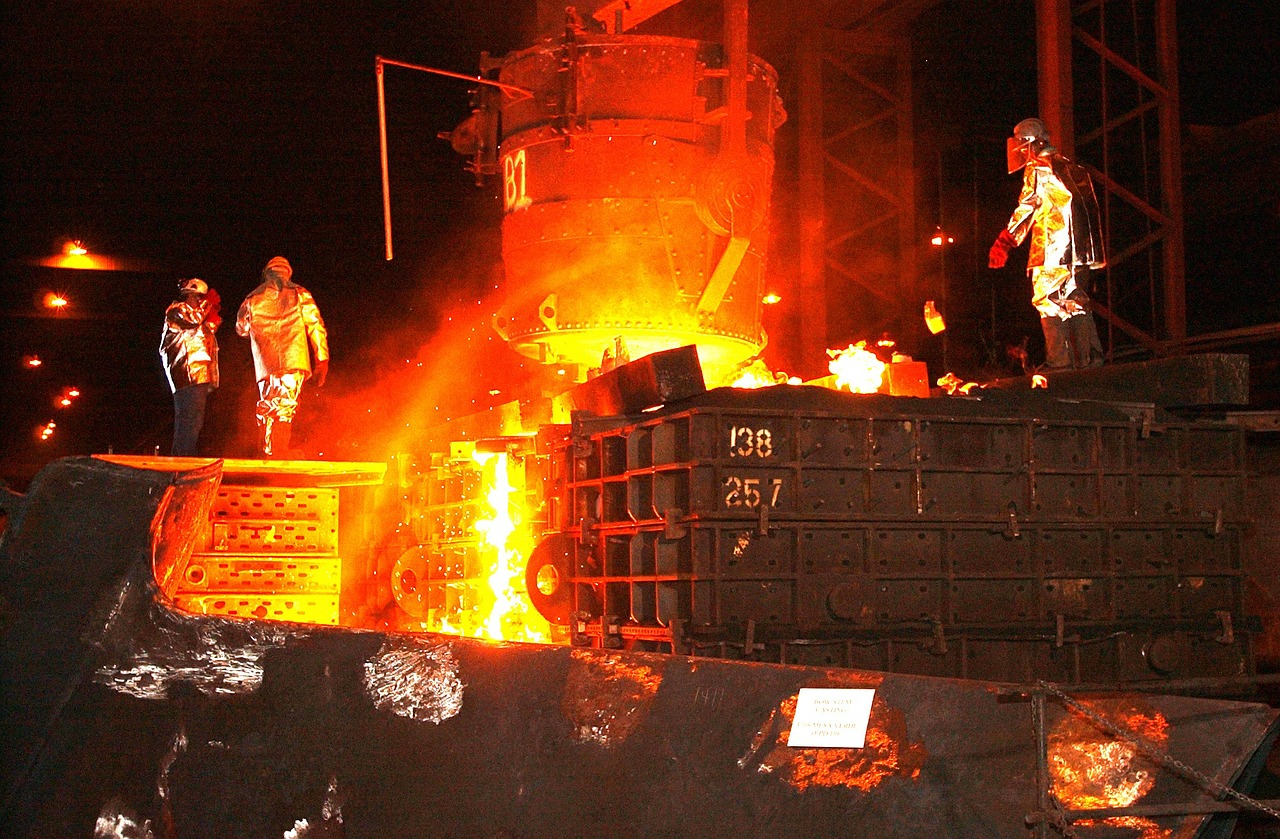British steelmakers can once again export millions of pounds’ worth of steel to the EU tariff-free after Brussels removed restrictions on UK exports from today (Friday 1 August) — a move secured under the Prime Minister’s EU deal signed in May.
Key takeaways:
- Tariffs scrapped – UK regains quota to export 27,000 tonnes of steel to the EU each quarter tariff‑free.
- Revenue boost – Expected to bring in millions in extra annual export sales.
- Jobs safeguarded – Supports 40,000 direct steel jobs and 61,000 in supply chains.
- Part of Plan for Change – Follows PM’s EU deal to remove trade barriers and grow exports.
- Backed by investment – Builds on £500m for Tata Steel and other government steel sector support.
The change restores the UK’s country-specific steel quota, allowing producers to sell up to 27,000 tonnes of structural steel to the EU each quarter without facing additional tariffs. The quota primarily covers steel used in large construction projects, such as support beams, and is expected to boost industry revenues and safeguard thousands of skilled jobs.
The government says the decision will help deliver its Plan for Change by removing trade barriers, strengthening export opportunities and backing British manufacturing. The UK steel sector supports around 40,000 jobs directly and a further 61,000 in its supply chain.
Business and Trade Secretary Jonathan Reynolds called the decision “yet another positive step forward for the UK steel sector,” adding that it would “give producers the certainty they need to compete, grow, and maintain vital export relationships.”
The move follows other significant government interventions, including the £500m investment in Tata Steel’s green transition at Port Talbot, action to safeguard jobs at British Steel in Scunthorpe, and a deal with the US to reduce tariffs on UK steel exports.
Industry body UK Steel welcomed the restoration of the quota, with Director General Gareth Stace describing it as “excellent news for UK steel companies” that would “restore historic trade flows” and benefit both UK producers and their EU customers.
The change is expected to strengthen long-standing supply chains, ease administrative burdens for exporters, and give UK steelmakers greater certainty in a volatile global market.
For more articles like this, visit our Leadership channel
